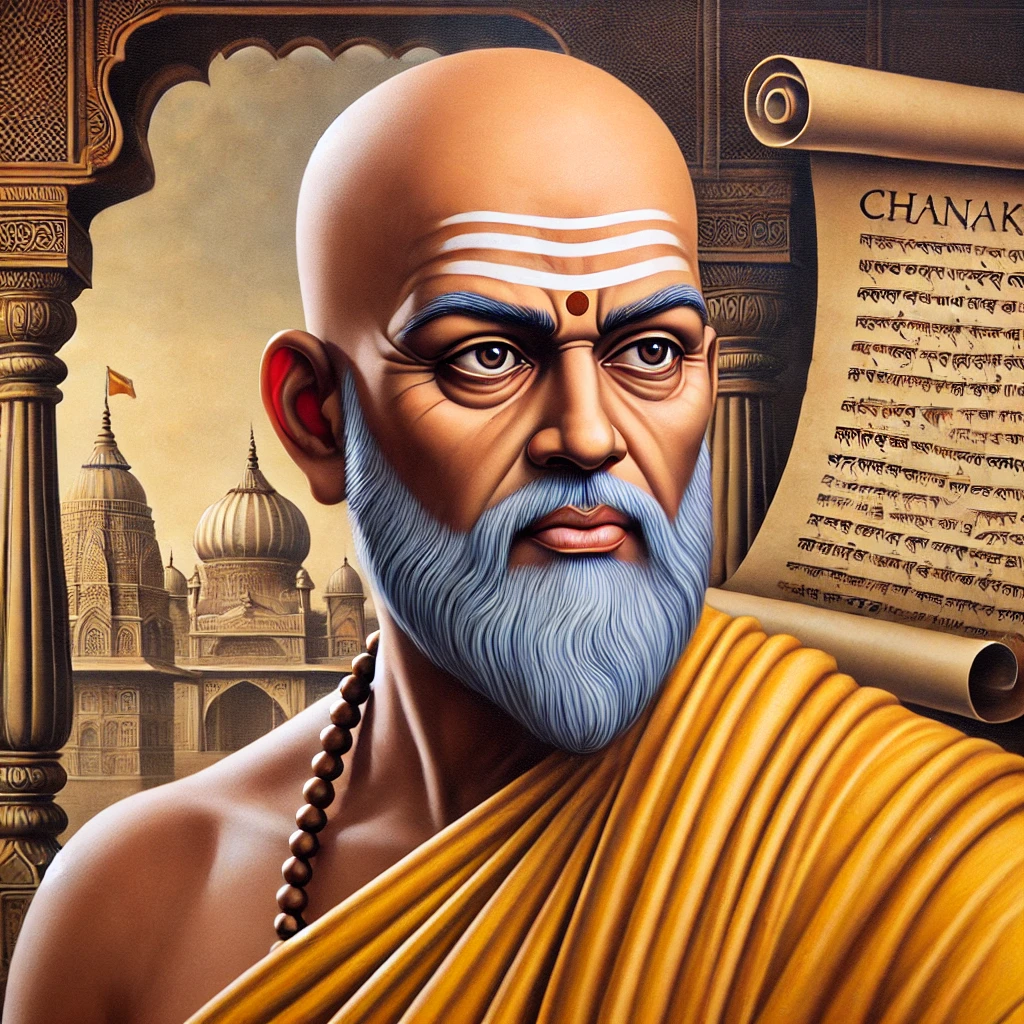Once, there was a little boy who lived with his mother in a humble home. Despite their poverty, the boy grew up to be incredibly handsome and exceptionally intelligent. As he matured, his brilliance and charm only increased. Yet, his mother often seemed sad.
One day, the boy could no longer contain his concern and asked, “Mother, why are you always sad?”
With a heavy heart, his mother replied, “Son, a fortune teller once told me that someone with teeth like yours is destined to become very famous.”
The boy, curious and eager to understand, asked, “But isn’t that a good thing? Won’t you be happy if I become famous?”
His mother’s eyes welled up with tears as she said, “My dear child, what kind of mother wouldn’t want her son to achieve greatness? But my heart aches because I fear that once you rise to fame, you will forget me and leave me behind.”
Hearing these words, the boy’s heart shattered. Tears streamed down his face, and without saying a word, he ran out of the house.
He picked up a rock and, with determined resolve, struck his front two teeth, breaking them. Blood poured from his mouth, but his love for his mother gave him courage.
When his mother found him, she was horrified and cried out, “Son, what have you done?”
Taking her hands in his, the boy gently replied, “Mother, if these teeth are the reason for your sorrow, I don’t want them. I would rather forgo fame than see you sad. I want to achieve greatness, not for my own sake, but through serving you and earning your blessings.”
This boy grew up to become none other than the great Chanakya, whose wisdom and character continue to inspire generations.
Spiritual Lesson
This story illustrates the profound nature of selfless love and devotion, values cherished in spiritual practice. Chanakya’s act reflects the principles of sacrifice (tyāga) and humility (vinaya), qualities that are central to spiritual growth.
The Bhagavad Gita (17.14) emphasizes the importance of honoring parents as part of the austerity of the body: “Worship of the Supreme Lord, the brahmins, the spiritual teacher, and also cleanliness, simplicity, celibacy, and non-violence—these are declared as austerity of the body.” By serving his mother, Chanakya upheld this dharma.
Moreover, this tale reminds us that true greatness lies in service, not in selfish ambition. By placing his mother’s happiness above his own desires, Chanakya demonstrated the essence of spiritual maturity—compassion, humility, and gratitude.
In our lives, we can reflect on how much we owe to those who nurture us, particularly our parents. Their sacrifices are the foundation of our achievements, and honoring them through love and service enriches not only their lives but also our own spiritual journey.



